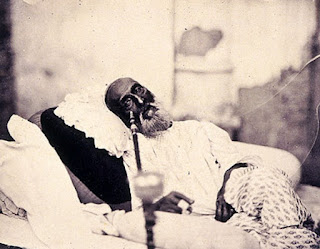A2 Milk Trend Decoded
The A2 organic milk movement is on trend now. In organic stores, speciality websites, in artisanal fairs - packaged A2 ghee, buttermilk, milk, butter etc, are a rage.
Farms that exclusively breed desicows, and raise them ‘organically,’ have sprouted. They are small, they are local and they are expensive (think Rs 1800+ for 500 grams of ghee). And they all market, the health benefits of drinking organically or naturally grown A2 milk.
A1 and A2 are types of beta casein proteins found in cows milk. Jersey cows, imported from the UK, produce a mix of A1 and A2 beta casein protein and Holstein cows, imported from Europe, produce mainly A1 protein.
The Indian desi cows produce almost 100 percent A2 beta casein protein rich milk. What’s interesting is that A2 is actually the original beta casein protein found in cow’s milk. Approximately 8000 years ago, a mutation is believed to have taken place leading to two types of beta casein being produced by different species of cows.
In 1993, a New Zealand based scientistmade an interesting discovery. He found that milk, specifically A1 milk was linked to increasing instances of Type 1 diabetes, heart disease, and certain neurological disorders. He made another interesting discovery. That A2 milk was easier to digest and was healthier.




Comments
Post a Comment